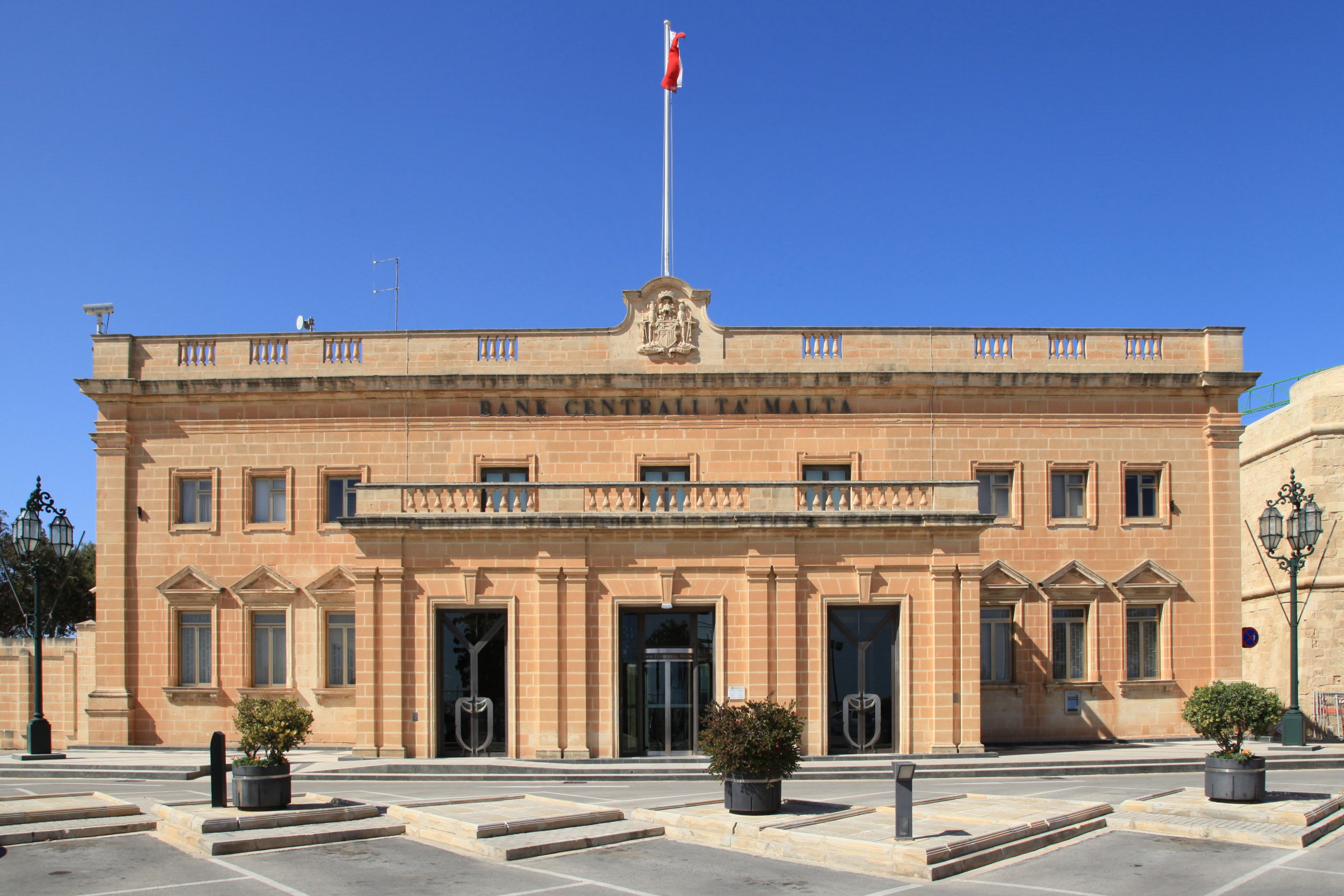In February, the Central Bank of Malta’s (CBM) Business Conditions Index improved marginally when compared with the previous month.
The index, as reported by the CBM’s Economic Update, remained well below its level in the same month of 2020 and continues to signal low levels of activity, reflecting the weak economic environment triggered by COVID-19.
The Bank’s estimate of the COVID-19 Government Response Index – a composite indicator that summarises various containment, economic and health-related measures introduced in response to the pandemic – stood at 64.0 at the end of February 2021.
The CBM noted that this was unchanged from a month earlier, but below the 71.0 reported in the euro area. However, following new restrictions introduced in the first half of March, Malta’s index increased to 77.3 by 15th March.
The European Commission’s Economic Sentiment Indicator reached a five-month high of 88.1 in February, though remaining below its long-term average.
“Confidence rose in industry and, to a more limited extent, among retailers and in the services sector. On balance, confidence deteriorated considerably in the construction sector and, to a lesser extent, among consumers. Although recent developments varied across sectors, sentiment was negative in all of them.”
In January, the CBM observed that industrial production contracted at a faster pace compared with the previous month. It said the volume of retail trade fell in annual terms, after having increased in December. The number of commercial and residential permits issued, conversely, contracted but at a slower annual rate than in the previous month.
The number of registered unemployed fell compared with December, while the unemployment rate remained unchanged from a month earlier, the CBM noted.
Inflation remained “very low” in January, with the annual inflation rate based on the Harmonised Index of Consumer Prices unchanged at 0.2 per cent. Meanwhile, inflation based on the Retail Price Index edged up marginally to 0.3 per cent.
The CBM’s Economic Update also reports on recourse to the moratorium on loan repayments offered by domestic credit institutions to residents of Malta in response to COVID-19.
“The value of household and corporate loans subject to a moratorium at the end of January edged down further to €685.3 million, equivalent to 5.8 per cent of related outstanding loans, as some businesses and households resumed their loan repayments, thus signalling a recovery in income flows.”
By the end of 2020, 547 facilities for working capital purposes had been granted under the Malta Development Bank COVID-19 Guarantee Scheme to businesses impacted by the pandemic, corresponding to total sanctioned amounts of €412.7 million, equivalent to more than half of the scheme’s target size.
Two years since its birth, Moneybase features on Microsoft’s Customer Stories
Moneybase has now just been featured on Microsoft’s latest Customer Stories
Finance Minister confirms continuity of food and energy subsidies
Spending on food and energy subsidies as a percentage of the GDP will be at 0.7% in 2025
MHRA congratulates Glenn Micallef on EU role, highlights positive impact on Malta’s tourism and cultural sectors
The lobby group emphasised that Malta’s cultural assets and sports scene are key factors in attracting visitors and fostering economic ...






